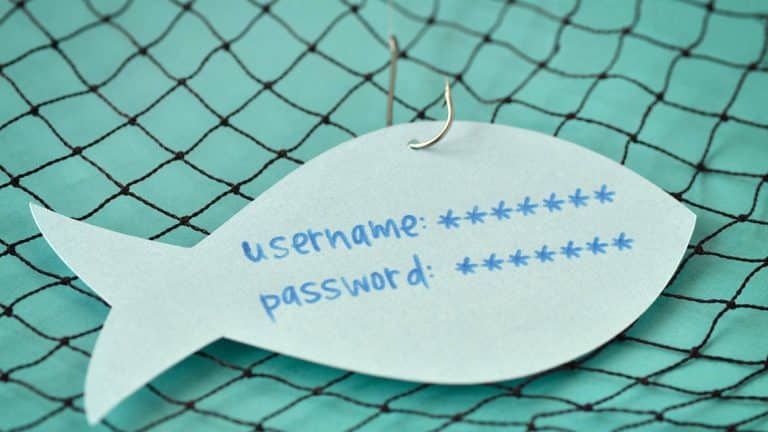Email phishing scams
Phishing is when someone tries to get personal information (like bank account numbers and passwords), from a large audience, so they can use it to impersonate or defraud people. These emails can look very real, and some will even use the branding and logos of a legitimate organisation to make the email seem genuine. Phishing…









